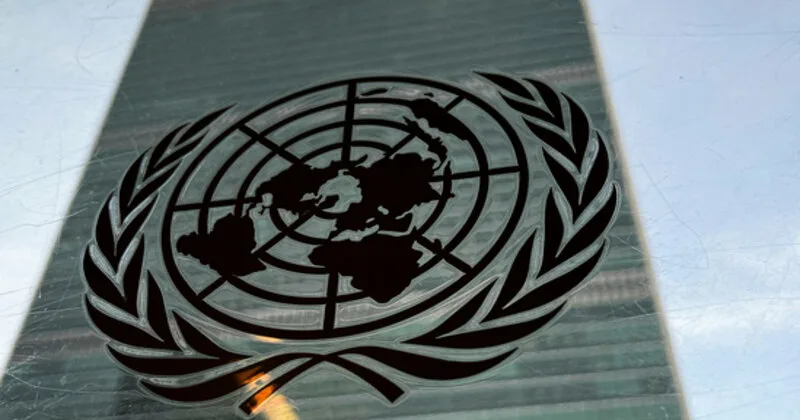
The funding freeze announced by the US government under President Donald Trump has forced multiple UN agencies to lay off staff and suspend critical aid programs in countries like Afghanistan, Sudan, and Ukraine. UN Secretary-General Antonio Guterres warned that over nine million people in Afghanistan will lose access to health and protection services, while cash aid that supported one million people in Ukraine last year has been halted. Additionally, funding for programs assisting refugees from Sudan has run out. In response, UN agencies are scrambling to revise their budgets, implement strategic cuts, seek alternative funding sources, and appeal for the restoration of US support. Some organizations are also hoping that court rulings might salvage parts of US foreign aid funding.
The UN High Commissioner for Refugees (UNHCR), which received over 40% of its $5 billion budget from the US last year, has announced a $300 million reduction in planned activities as an initial cost-saving measure. Some of its partner organizations have already suspended services, impacting nearly 1.8 lakh forcibly displaced women and girls in Central African Republic, Uganda, and South Sudan. In Ethiopia, another two lakh displaced women and girls will also be affected. Similarly, the International Organization for Migration (IOM), which received over 40% of its $3.4 billion budget from the US in 2023, has reported disruptions to its staffing and operations. The World Health Organization (WHO) has also been severely impacted, with the global measles and rubella lab network at risk of collapse due to the loss of its $8 million annual funding from the US.
The funding cuts will significantly affect global health responses, including tuberculosis treatment programs that relied on annual US contributions of $200–$250 million. The UN’s AIDS agency has already closed drop-in centers and service points for antiretroviral therapy, leaving 7.5 lakh Haitians without support, while 70% of 181 US-funded treatment sites have shut down. WHO has also begun using its emergency reserves to cover gaps in Uganda’s Ebola response. UN spokesman Stephane Dujarric highlighted the severe impact on Afghanistan alone, where more than 200 health facilities have closed, leaving 18 lakh people without essential medical services.

Post Your Comments